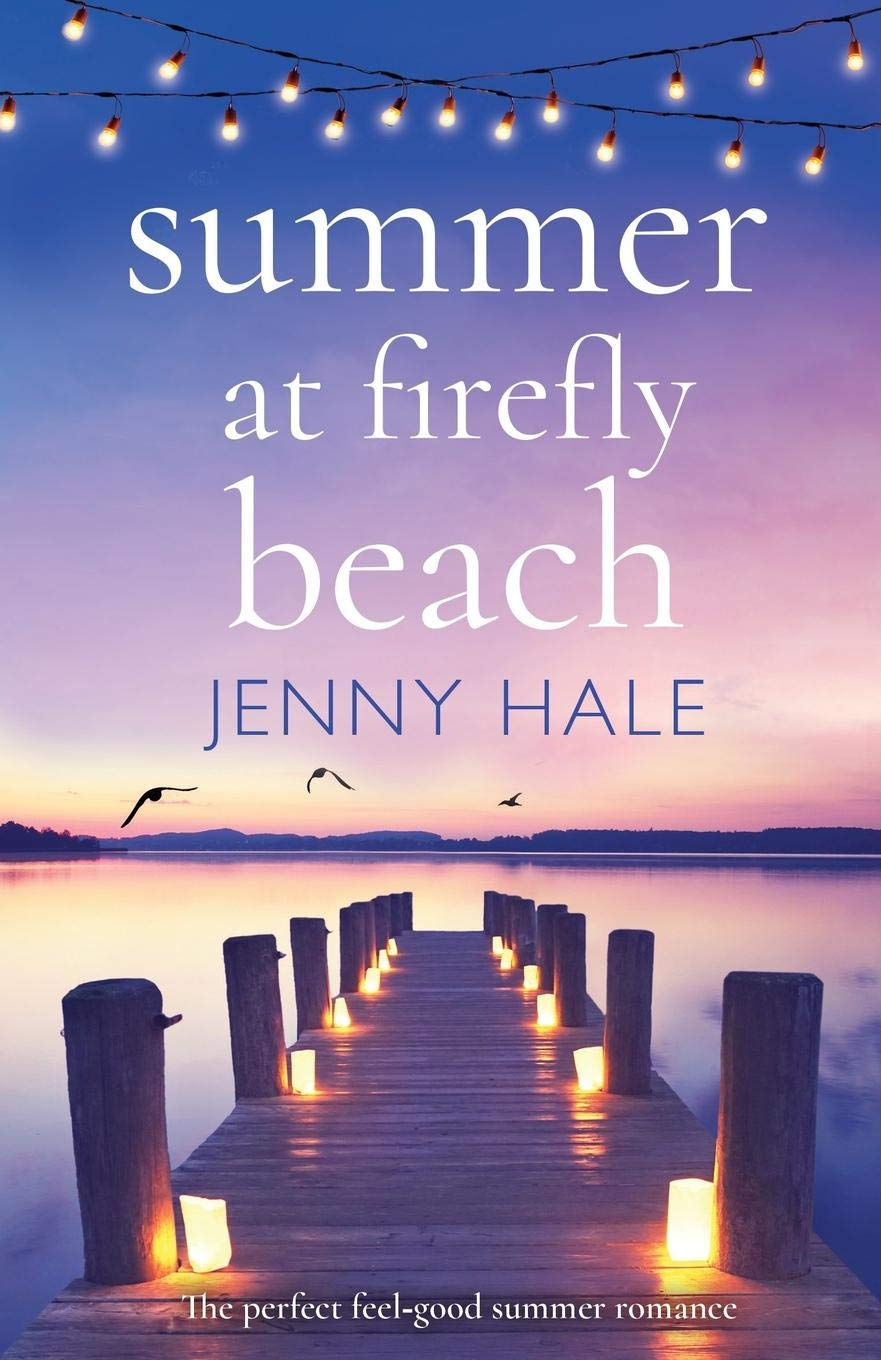Books We Loved, Aug. 2019
- C. P. Lesley
- Aug 15, 2019
- 3 min read

Anna Burns, Milkman (Faber and Faber, 2018)
“The day Somebody McSomebody put a gun to my breast and called me a cat and threatened to shoot me was the same day the milkman died.”
So opens Anna Burns’ darkly funny political novel, Milkman, set in 1970s Northern Ireland. An unnamed eighteen-year-old, known only as middle sister, inhabits several parallel worlds while being sexually harassed by an older, powerful militant she tries to evade through inaction and avoidance.
This is as much a feminist story about intimidation and bullying as it is about a community wrecked by violence in the name of politics. Divided loyalties and quirky subgroups abound: “the beyond the pales,” the “issues women,” the real milkman, the false milkman, International Couple (ballroom dancers whose abandoned children watch them on TV). Middle sister’s voice is wacky, witty, and highly literate. Her unique voice as she overtells and overthinks events is dense and surprising, also poetic and innocent. And garrulous.
Such a captivating read, especially if you are a lover of words and of overlays of expressions and meanings. Small wonder that in these fractious times it received the 2018 Man Booker Prize. It is a total original.—AA

Adrienne Celt, Invitation to a Bonfire (Bloomsbury, 2018)
Zoya Andropova didn’t ask to be rescued from her Soviet orphanage, but rescued she is—by well-meaning Americans who dump her at a wealthy boarding school where she feels completely at sea. She takes refuge in literature, in particular by the émigré writer Lev (Leo) Orlov, whose science fiction transports her to more satisfying times and places.
So perhaps it is no surprise that when Orlov shows up in person, Zoya tumbles into love with him, ignoring his very present and controlling wife, Vera. Zoya charts the evolution of this romantic triangle in her diary, which we read, interspersed with letters from Lev to Vera and various documents from the school and the local police force.
Adrienne Celt’s stylistically gorgeous new novel, Invitation to a Bonfire, is inspired by the life of the well-known Russian writer Vladimir Nabokov. But as the story builds, it leaves the details of Nabokov’s life and marriage behind, roaring out of a quiet academic beginning to reach a place that upends almost everything we have believed up to that point. Find out more from the author’s interview at the Literary Hub.—CPL

Jenny Hale, Summer at Firefly Beach (Bookouture, 2019)
In the summer, is there really anything better than pouring yourself a glass of lemonade and curling up on a porch swing to read a romance novel? Actually, I prefer wine, and I don’t have a porch swing, but I still love a good summer love story—and I found exactly that in Summer at Firefly Beach, the newest book by Jenny Hale.
When Hallie’s Aunt Clara dies, leaving her a to-do list she must complete before she can claim her inheritance, Hallie turns to her family and her best friend Ben for support. Still recovering from a broken engagement, Ben’s presence is the one comfortable thing Hallie can count on to keep her going. But when she realizes her feelings for him are turning to something more complicated, she must decide if keeping his friendship is more important than risking her heart.
Even when skirting around the typical romance tropes (which I found refreshing – a few things weren’t as they seemed), this is a sparkly novel filled with likable characters, a beautiful seaside setting, and a sweet, satisfying ending.—CJH

Sujata Massey, The Widows of Malabar Hill (Soho Crime, 2018)
If you are new to Sujata Massey, you’re in for a rare treat. If you have been following her since The Salaryman's Wife, you will be back for more. Either way, Ms. Massey is a stunning writer, and TWMH doesn't disappoint. More than that, from the first page you will drop into a different world and emerge only at the end, breathless and longing for more.
Parveen has returned from Oxford and is the first woman lawyer in Bombay, in 1920. No, she can’t actually go to court, but she can act as solicitor (a non-courtroom lawyer), and her father brings her into his practice to work with him. This is felicitous when a contested will emerges, favoring the title’s widows, who are Muslims living in purdah (seclusion). But Parveen’s backstory is anything but simple, and the flashbacks carry the reader along with the full confidence of an accomplished writer.
A murder occurs, a mystery is investigated, trouble ensues, and as in so many mysteries coincidences abound, but it’s the descriptions, the clothes, the customs, the sounds, foods, and aromas that carry us along. And the scene of Parveen’s father in court on her personal behalf was, to me, gloriously moving. Not to be missed.—CHL
